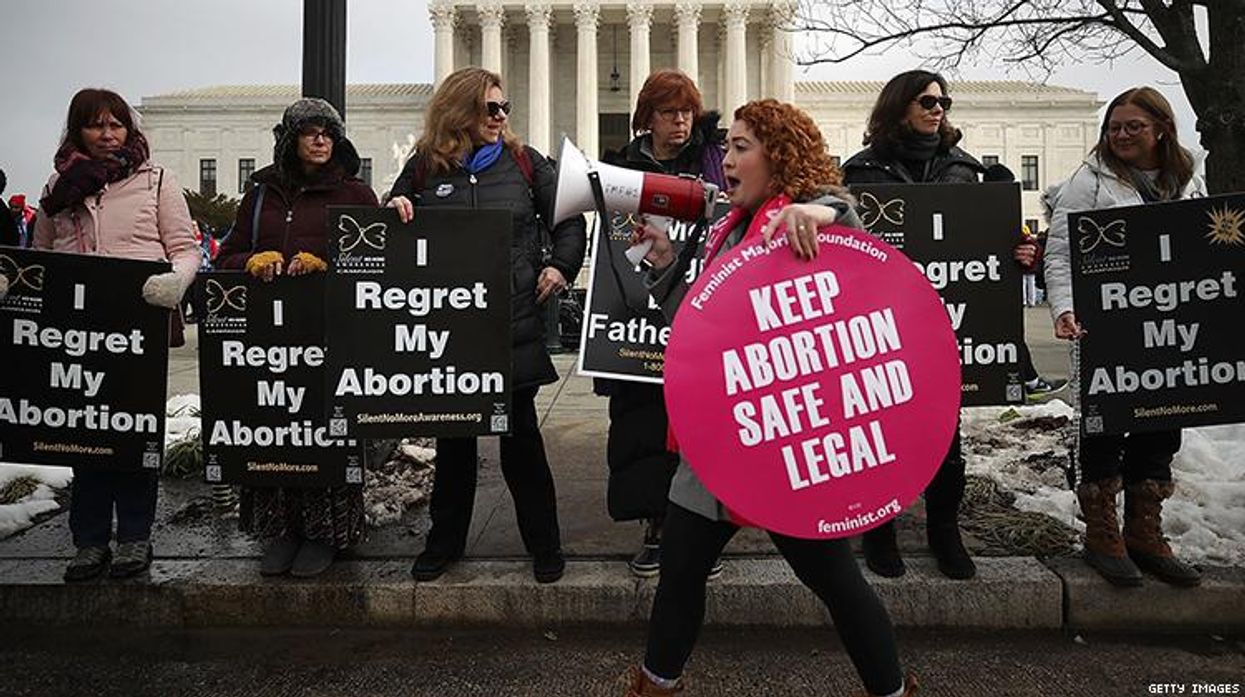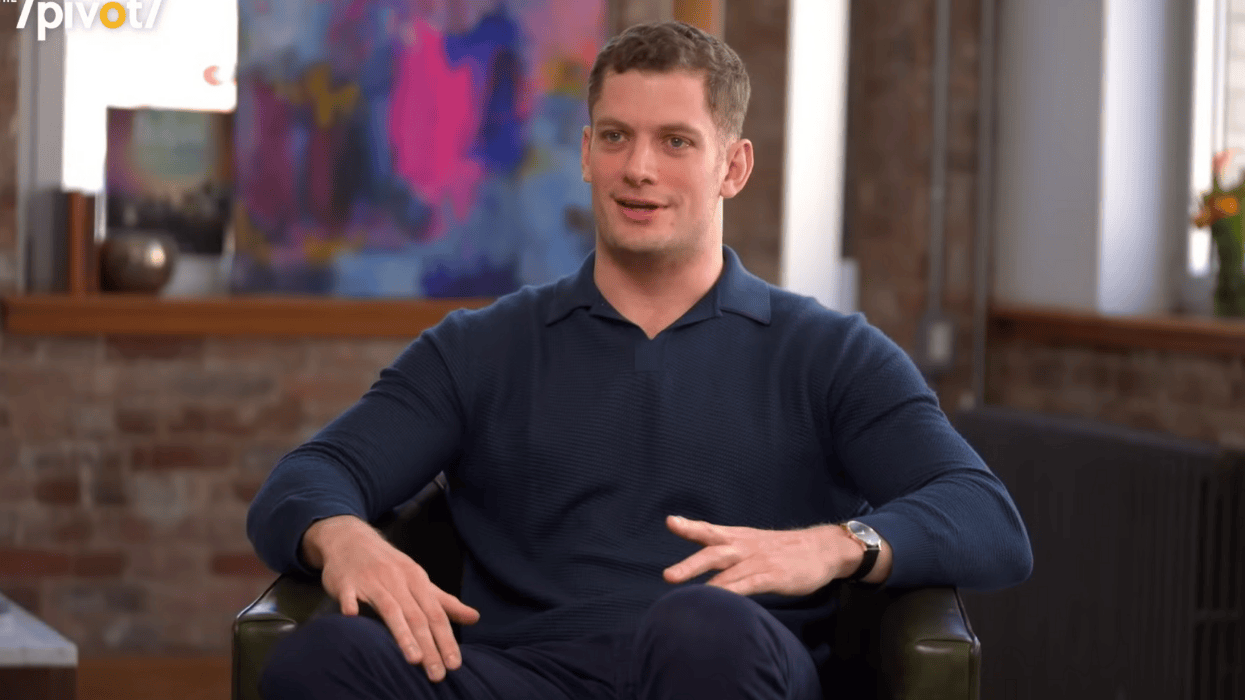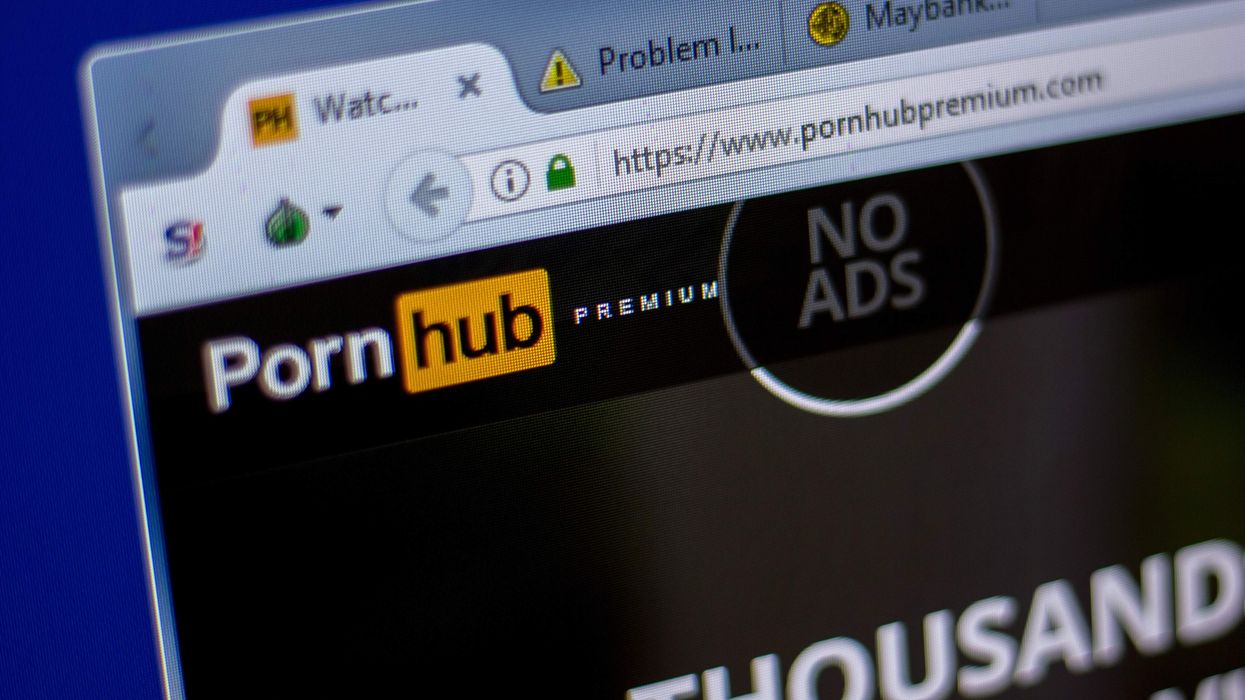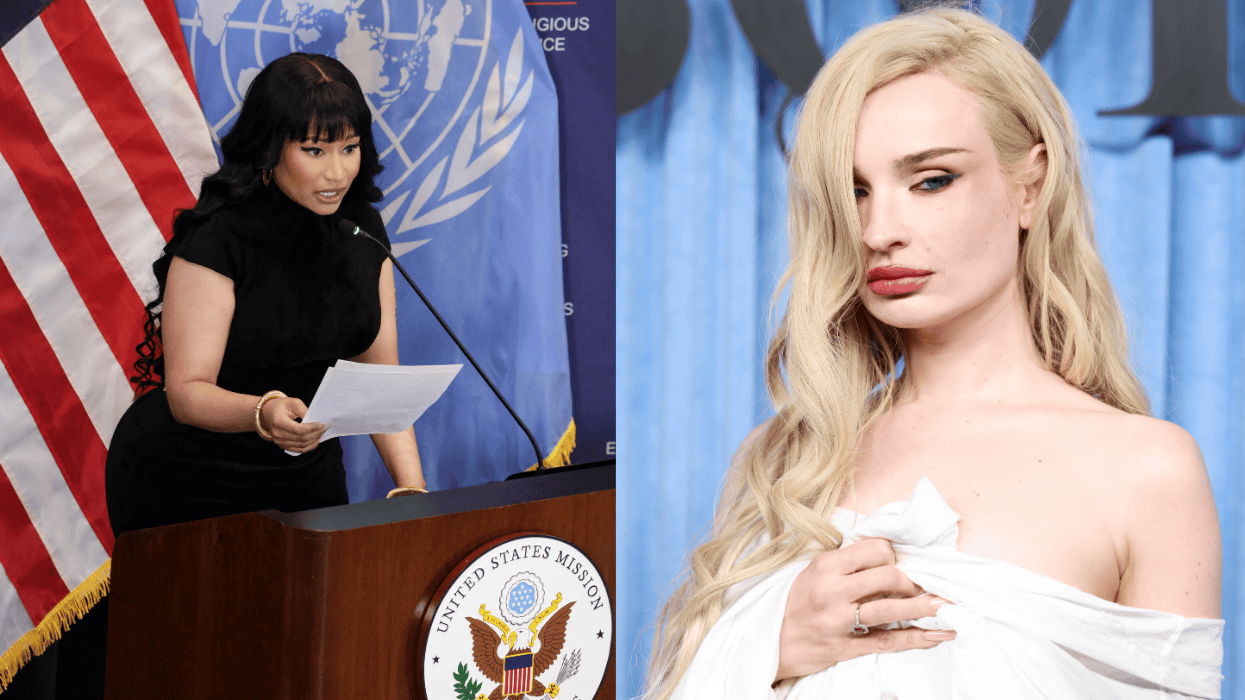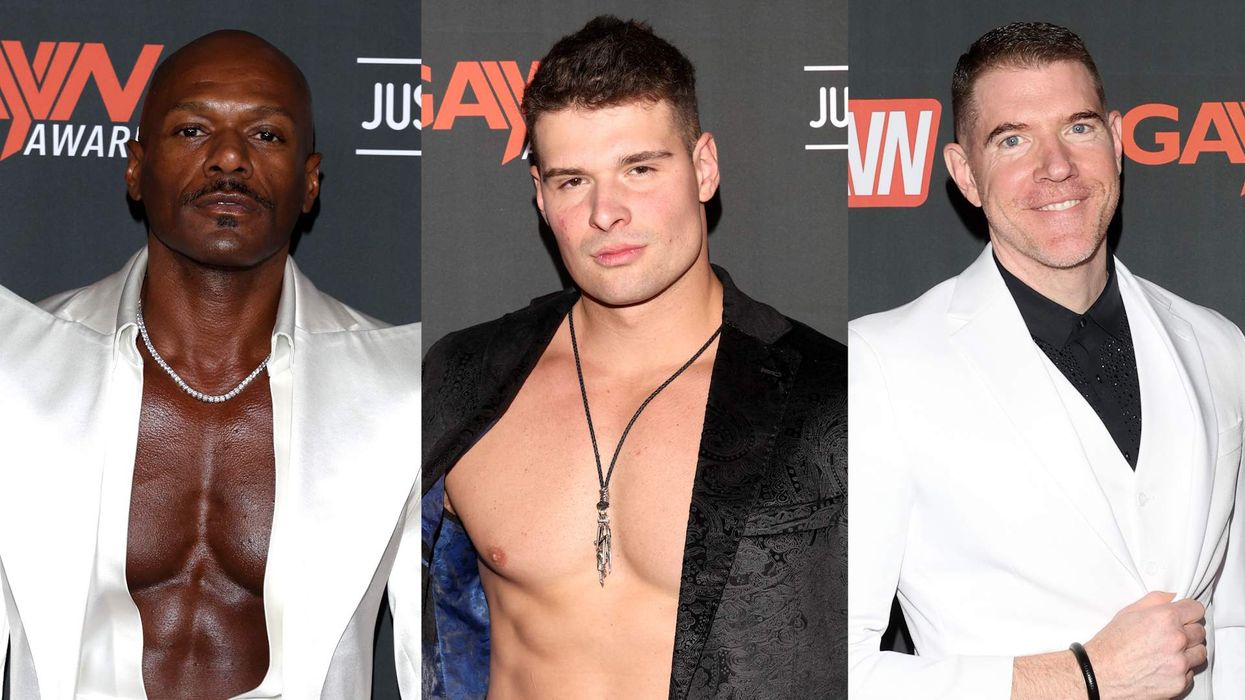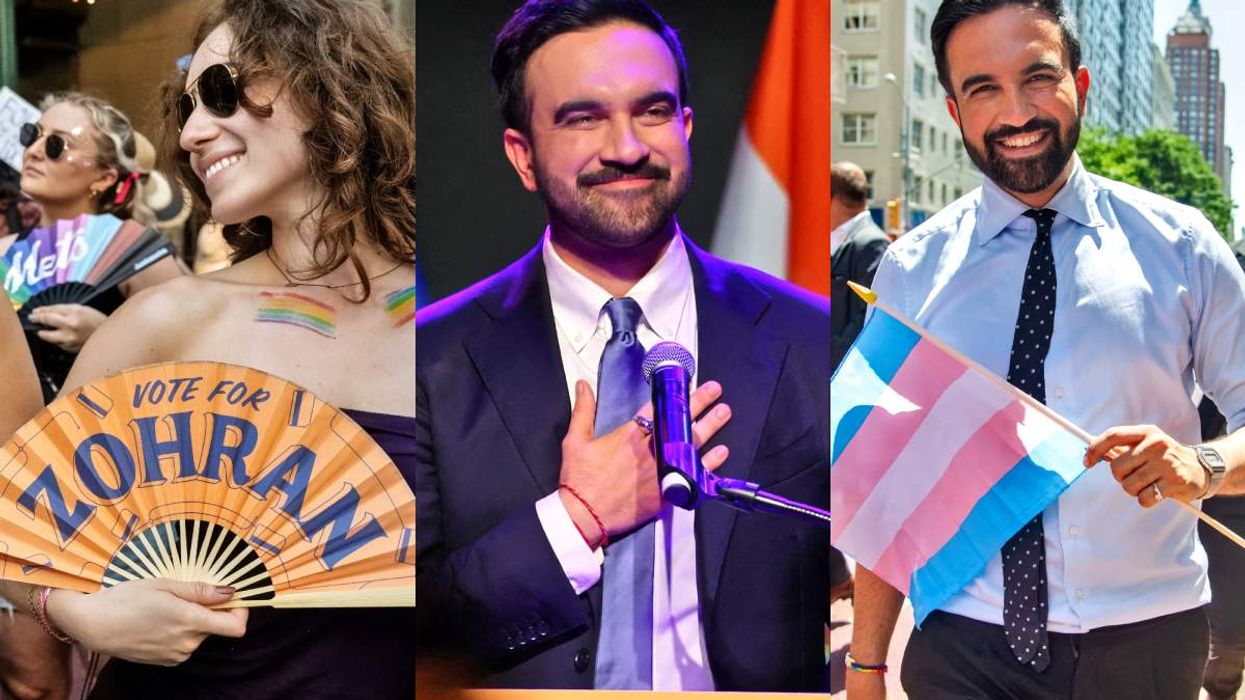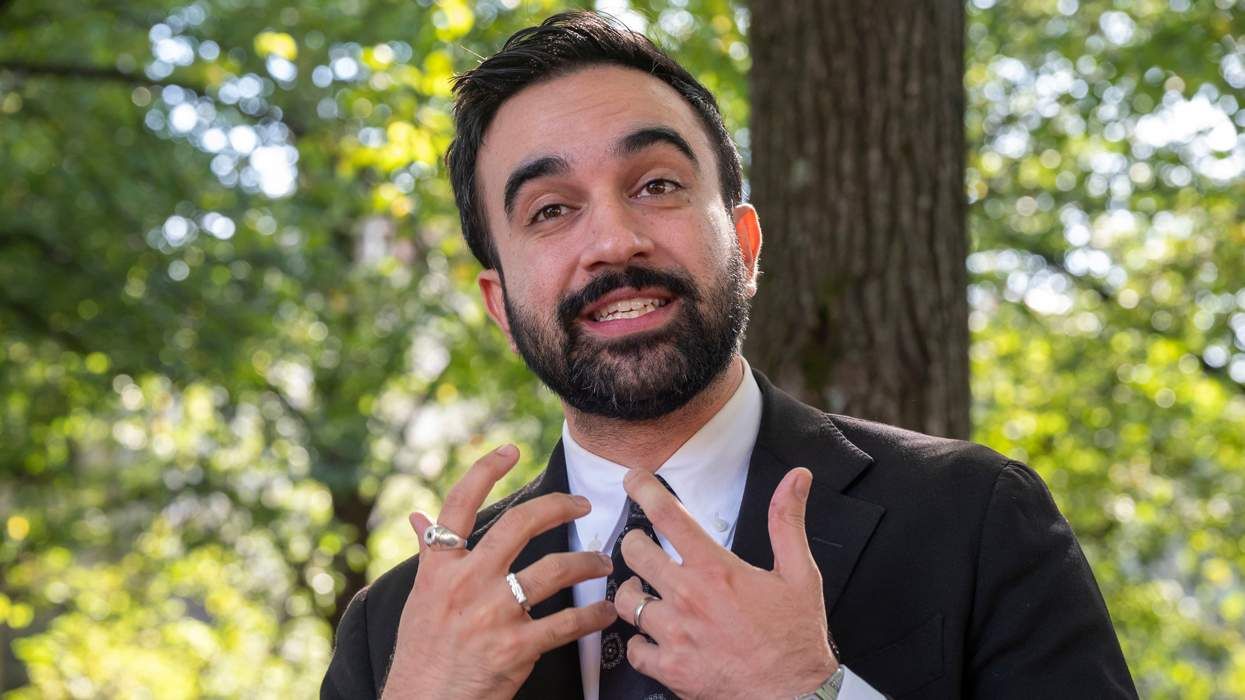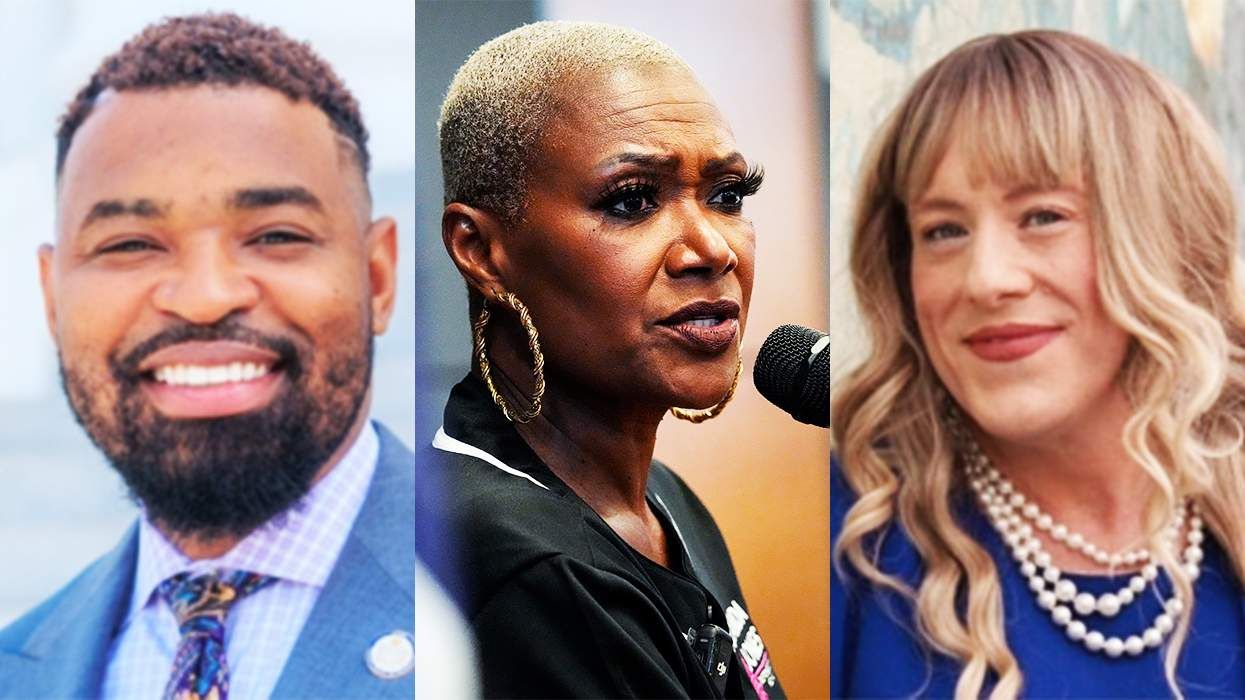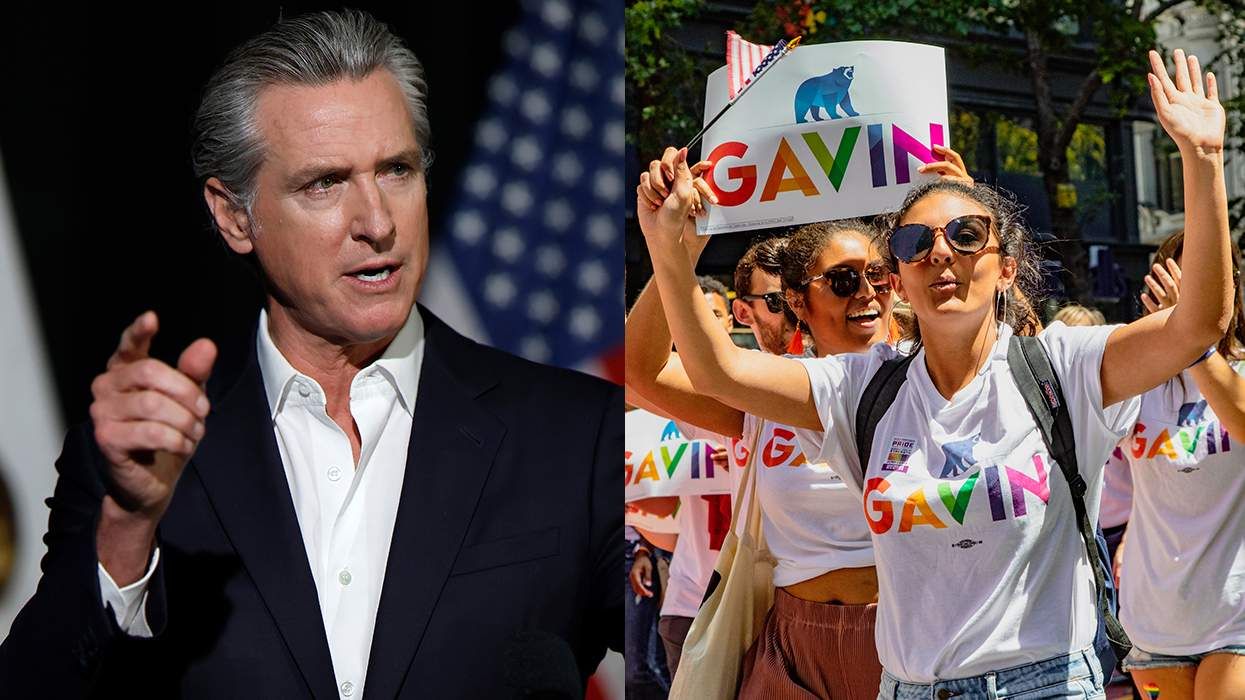Alabama is on track to pass one of the nation's strictest statewide bans on abortion after the state Senate voted to enact the bill with a 25-6 vote on Tuesday.
The law would ban abortions beyond six weeks into a pregnancy (though it generally takes about four to six weeks, at the earliest, to detect a pregnancy because of the way gestation is counted), with no exceptions for cases of rape or incest. Lawmakers engaged in a shouting match during one session earlier this month after Republicans removed those exceptions without a full vote. The motion did eventually pass. If Gov. Kay Ivey, a Republican, does sign the bill, it would make it a felony, punishable up to 99 years in prison, for doctors who perform an abortion.
"We'll see how far it gets and what it is when it gets passed," Ivey said last week according to AL.com. "The abortion issue is a serious issue and I hope it's fully debated."
This so-called "heartbeat bill" comes as part of a years-long erosion for reproductive rights in conservative states, where abortion is banned as soon as a fetal heartbeat might possibly be detected. Often these bills are based on disingenuous understandings of human biology and of pregnancy in general. For example, according to the New York Times, abortion rights advocates attending the hearing openly laughed at male lawmakers who spoke about pregnancy and women's health.
The ultimate goal for anti-abortion advocates will be to use this law as the basis of the case to challenge (and potentially overturn) Roe v. Wade in a conservative-majority Supreme Court, the bill's sponsor, Rep. Terri Collins, a Republican, told the Washington Post.
As Candace Bond-Theriault wrote for Out in March, "Not all people who have abortions identify as heterosexual women. Bisexual women, our transgender siblings, nonbinary folks, our agender family, and so many other people also have abortions."
Additionally, Bond-Theriault notes, LGBTQ+ people have a higher rate of poverty than non-queer people, and because of this, the barriers to access for abortions are that much more difficult to navigate. Alex Berg wrote for Out earlier this year, "For decades, those who need care have suffered bans on using public funds to cover the procedure, recent state laws mandating waiting periods, gestational limits, and onerous requirements on clinics. But they have also been disadvantaged by the costs of travel, taking off work, and finding childcare to have an abortion -- nevermind the prospect of having to hide their sexual orientation or gender identity, or being traumatized by the lack of competent, inclusive care."
In Alabama, where there are currently only three operating clinics to serve the entire state for abortions, the prospects for queer and non-queer people who need these procedures continue to recede.
RELATED | How Strict Abortion Laws Are Restricting Lesbian Parents Like Me


